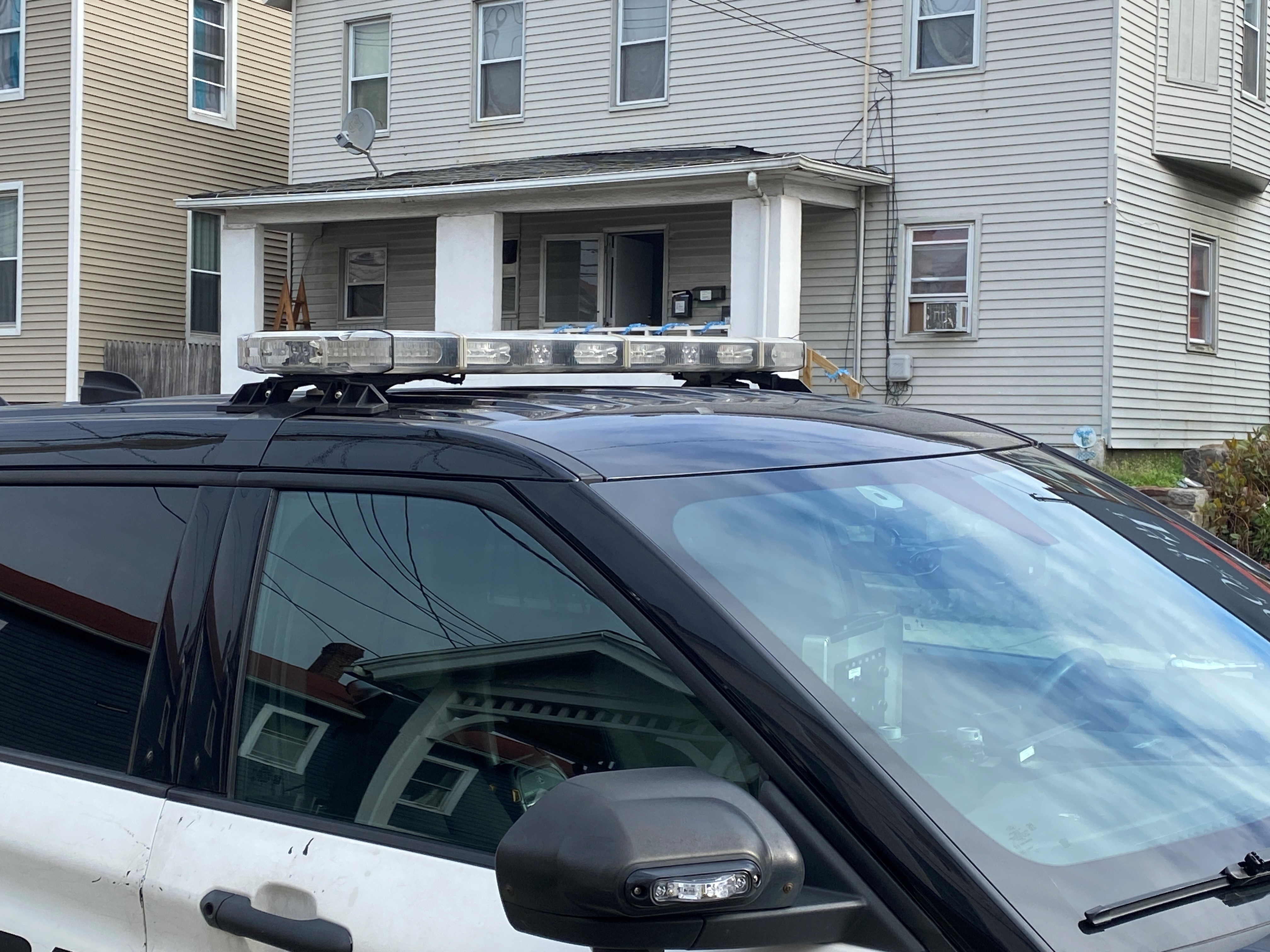The Connecticut Academy of Science and Engineering (CASE) has released the results of a winter highway maintenance study done on behalf of the state Department of Transportation.
The study is a product of the Section 6 Public Act 14-199, which called for the transportation commissioner to "conduct an analysist of the corrosive effects of chemical road treatements" on "state snow and ice equipment vehicles," state bridges, highways and infrastructure and the environment, according to a press release from CASE.
The study recomments that the DOT use "sodium chloride" as the chemical for de-icing the roads and "found that chloride-based deicing chemicals should be expected to be the standard for the
foreseeable future," according to a release from CASE officials. Corrosion inhibitors aren't necessary in treating the roads, according to the study.
"It is important to note that vehicle washing is the best defense to reduce/prevent corrosion and the public should be educated on the need to wash vehicles, including the undercarriage," CASE officials said.
Ensuring road safety and smooth traveling on the state's roads are dependent on "the most effective winter highway maintenance practices possible," CASE officials said.
"Accomplishing this is a shared responsibility among stakeholders. To achieve comprehensive and sustainable success competing factors must be considered including: safety, cost, corrosion, operating practices, materials and equipment, environmental and economic impacts, and communication with the general public, stakeholders, and government leaders," according to the study. "Balancing these factors presents a challenge that can be met through ongoing monitoring and continuous improvement based on evolving best practices."
CASE officials noted the DOT does consistently evaluate its practices and look for ways to improve.
Local
You can read the full report on CASE's website or click on this PDF version.



